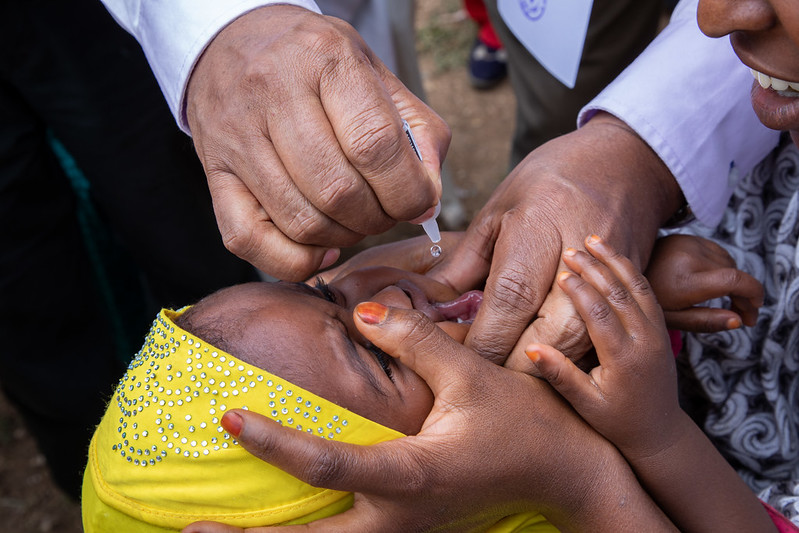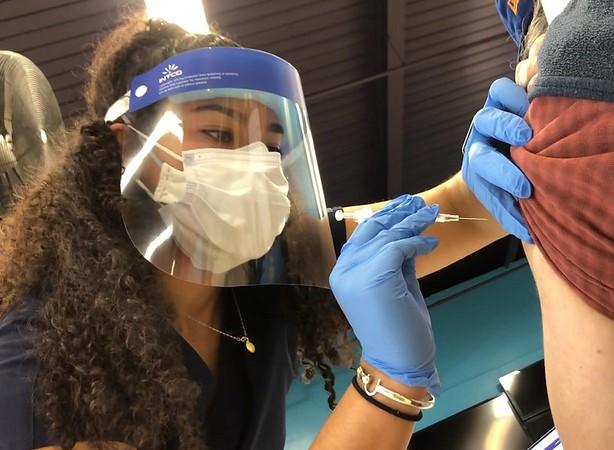
UK health officials are warning of a rise in cases of ceftriaxone-resistant gonorrhea.
In a report released yesterday, the UK Health Security Agency (UKHSA) said 15 cases of infection with ceftriaxone-resistant Neisseria gonorrhoeae were detected in England from June 2022 to May 2024, including 5 that were extensively drug-resistant (XDR). A total of 31 ceftriaxone-resistant gonorrhea cases, 7 of them XDR, have been reported in England since 2015.
Ceftriaxone is the first-line recommended antibiotic for gonorrhea infections in England and most countries. But it's the last remaining effective treatment option for the N gonorrhoeae bacterium, which has developed resistance to every class of antibiotic used to treat it, and ceftriaxone-resistant strains have been spreading, particularly in parts of Asia.
Concerns about wider spread
All case-patients have been heterosexual men, mostly in their 20s, and most have acquired the infection abroad. While transmission within England has been limited, UKHSA officials say they're concerned about the potential for wider spread as gonorrhea cases rise. The 85,223 gonorrhea cases reported in England in 2023 is the most annual cases in the country since officials began keeping records in 1918.
"Gonorrhoea is becoming increasingly resistant to antibiotics, risking the possibility of it becoming untreatable in the future," UKHSA consultant microbiologist Helen Fifer said in a news release. "Untreated gonorrhoea can lead to serious health issues, including pelvic inflammatory disease and infertility."
Fifer added that the best defense against gonorrhea is to use condoms.
UKHSA sent a clinical alert to sexual health clinics advising them to culture gonococcal isolates, perform test-of-cure, and to refer all ceftriaxone-resistant strains or potential treatment failures to UKHSA.
Gonorrhoea is becoming increasingly resistant to antibiotics, risking the possibility of it becoming untreatable in the future.

















